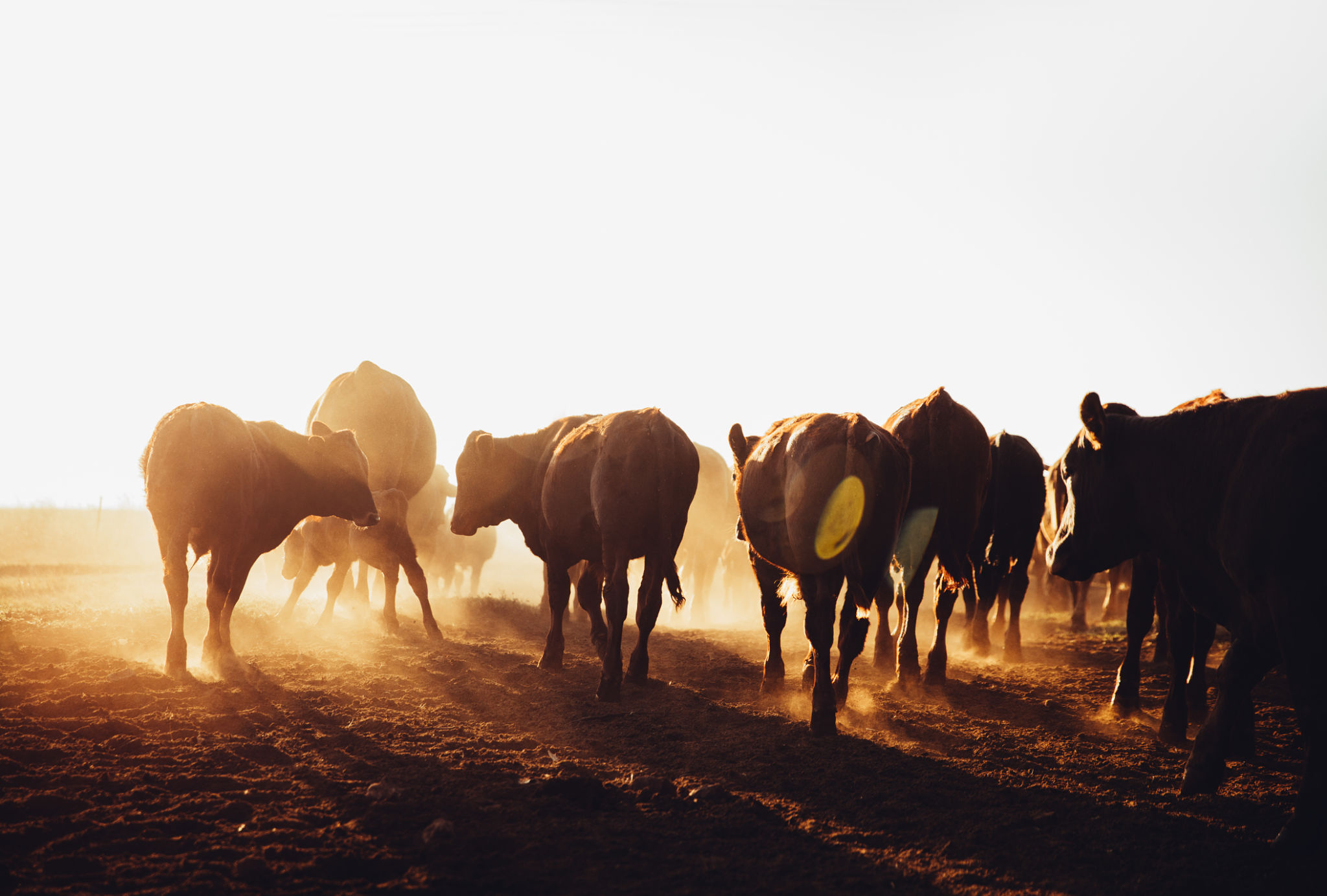Exploring the Benefits of Sustainable Beef for Asian Markets
Understanding Sustainable Beef
As global demand for beef continues to rise, the focus on sustainable beef production has gained traction, particularly in Asian markets. Sustainable beef is produced with methods that reduce negative impacts on the environment and promote animal welfare and social responsibility. This approach not only addresses environmental concerns but also meets the expectations of increasingly conscious consumers.

The Environmental Impact
One of the key benefits of sustainable beef is its reduced environmental footprint. Traditional beef production is known for its high greenhouse gas emissions, deforestation, and water consumption. In contrast, sustainable practices aim to minimize these impacts by implementing rotational grazing, reducing feed waste, and promoting biodiversity on farms. These practices help protect natural resources and ensure that future generations can continue to produce food.
Economic Benefits for Producers
For beef producers in Asia, adopting sustainable practices can lead to significant economic advantages. By improving efficiency and reducing waste, farmers can lower production costs. Additionally, there is a growing market for sustainably produced beef, allowing producers to charge premium prices. This economic incentive encourages more farmers to transition to sustainable methods, further expanding the market.

Meeting Consumer Expectations
Asian consumers are becoming more aware of the origins of their food and its impact on the planet. Many are willing to pay extra for products that are environmentally friendly and ethically produced. By offering sustainable beef, businesses can align with consumer values and enhance their brand reputation.
Nutritional Benefits
Sustainable beef is often associated with higher nutritional value. This is because animals raised on pasture-based systems tend to have a better diet, which can lead to meat with higher levels of omega-3 fatty acids and other beneficial nutrients. This nutritional edge appeals to health-conscious consumers looking for quality protein sources.

Challenges and Opportunities
Despite the benefits, transitioning to sustainable beef production is not without challenges. Farmers may face initial costs and require training to implement new practices. However, with government support and industry collaboration, these challenges can be overcome. There is a significant opportunity for stakeholders to work together in promoting sustainable practices across the region.
The Future of Sustainable Beef in Asia
The future looks promising for sustainable beef in Asia as awareness and demand continue to grow. Governments and organizations are increasingly supporting initiatives that promote sustainability in agriculture. This momentum is expected to drive innovation and investment in sustainable farming technologies, further cementing the role of sustainable beef in the market.
In conclusion, sustainable beef offers numerous benefits for Asian markets, from environmental preservation to economic gains for producers. As consumer preferences shift toward more ethical and environmentally responsible products, sustainable beef is poised to become a key player in meeting these demands.
